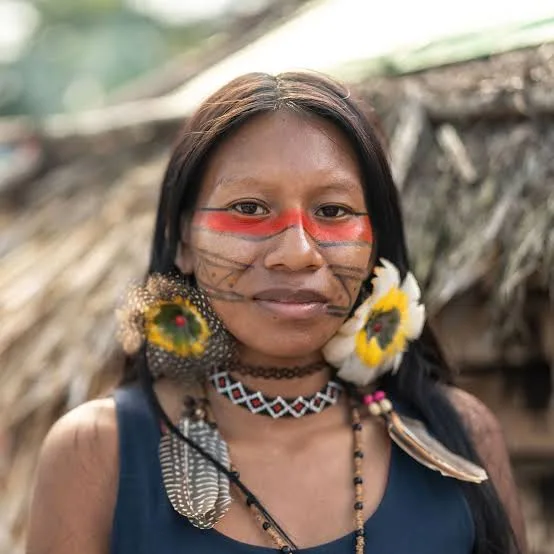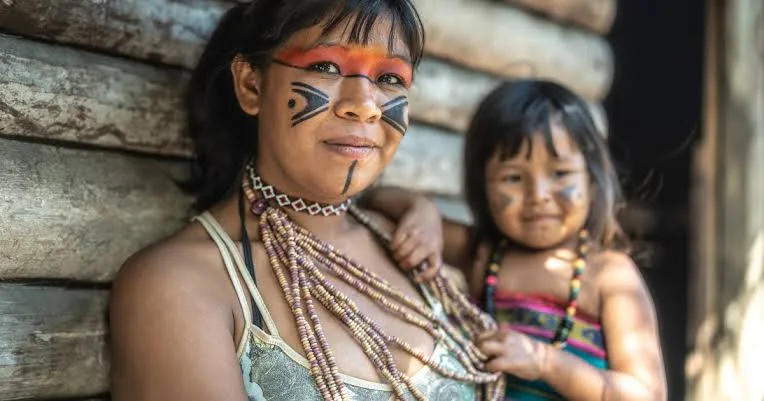At the UN Ocean Conference, indigenous peoples are highlighting the crucial role their perspectives play in global ocean conservation. With 3 billion people depending on marine and coastal biodiversity for their livelihoods, and 200 million directly or indirectly employed by the fishing sector, the stakes are high. Indigenous small-scale fishers, in particular, rely heavily on marine resources for their primary protein source.

Historical Stewardship and Traditional Knowledge
The United Nations Permanent Forum on Indigenous Issues recognizes that indigenous peoples have a unique relationship with the environment, rooted in historical links to stewarding land and ocean territories spanning millennia. Their stewardship ethos, embedded in place-based knowledge and language systems, ensures a delicate balance with nature. This philosophy has played a vital role in collective ecosystem management.
Challenges Facing Indigenous Communities
Despite their critical role in ocean conservation, indigenous peoples face numerous challenges, including:
– *Marginalization and Displacement*: Threats from industrial fishing, coastal infrastructure development, oil and gas extraction, and seabed mining.
– *Human Rights Violations*: Lack of implementation of their rights, habitat destruction, pollution, and centralized decision-making.
– *Climate Change*: Rising sea levels, ocean acidification, and increased vulnerability to natural disasters.

Empowering Indigenous-Led Conservation
To address these challenges, experts emphasize the importance of:
– *Free, Prior, and Informed Consent*: Ensuring indigenous peoples’ participation in decision-making processes.
– *Indigenous-Led Conservation Initiatives*: Supporting community-led projects, like the Indigenous Community Conserved Areas (ICCA) Consortium.
– *Policy Reforms*: Reforming fisheries legislation and increasing adoption of rights-based management.
Successful Initiatives and Collaborations
Several initiatives demonstrate the effectiveness of indigenous-led conservation:
– *Northern Bering Sea Climate Resilience Area*: Established through an executive order, this area mandates new environmental protections and enhanced Alaska Native authority.
– *UN Decade on Ecosystem Restoration*: Indigenous peoples are integral partners in restoring ecosystems, with a focus on recognizing and securing their land and resource rights.
– *Global Environment Outlook (GEO-7)*: Incorporating indigenous knowledge into environmental assessments to inform decision-making.
A Way Forward
By recognizing the value of indigenous perspectives and traditional knowledge, the international community can work towards more effective ocean conservation. Empowering indigenous communities to take ownership of their lands and resources is crucial for preserving marine biodiversity and promoting sustainable livelihoods. As the world builds towards a more sustainable future, the role of indigenous peoples in ocean conservation will only continue to grow in importance.
